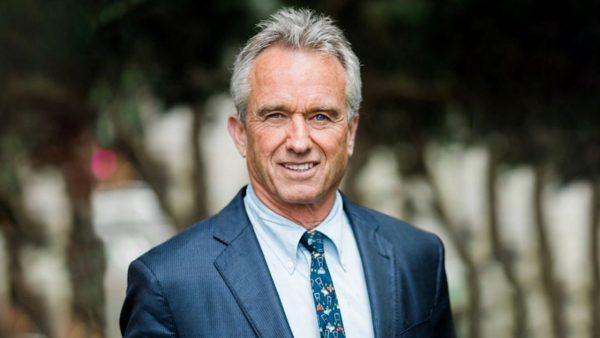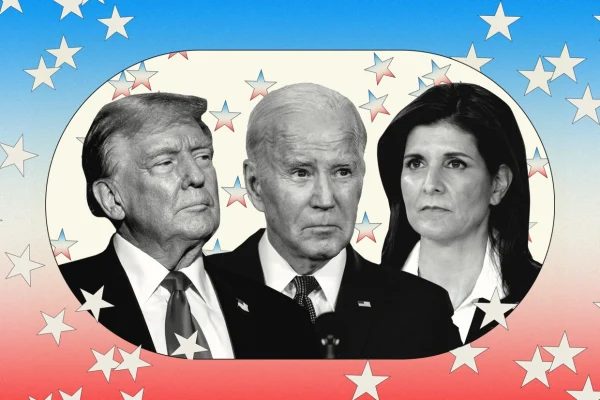Minneapolis declares climate emergency
Minneapolis declared a climate emergency, which aims to lessen the carbon output of the city.
February 11, 2020
Ajalon Peterson
News Editor
Record-breaking fires are burning in Australia. Ice caps are crumbling and falling in the ocean, leaving polar bears without habitats. The question of how to address climate change becomes a major point in candidates campaigns for the 2020 presidential election.
The Paris Agreement was a landmark decision on the part of the United Nations Framework Convention on Climate Change (UNFCCC) and the countries that participated in it. According to the United Nations Treaty Collection, 197 countries adopted the Agreement, with 179 having ratified it. President Obama entered the agreement through executive action in September of 2016.
Contrary to popular belief and statements by the Trump administration, the United States remains in the Agreement, as a policy within it states that a country cannot formally and completely withdraw for at least four years.
Although the country does remain in a state of action towards climate change, the Trump administration is notorious for rejecting its very existence. President Trump has made multiple statements on his disbelief of climate change, famously saying that it was a “hoax perpetrated by China.” Such a significant public figure and representative of the United States taking this stance is a noteworthy step backward in the eyes of environmentalists.
Even so, many states and cities are voicing their own opinions on climate change. Thanks to the United States’ federalist ideology, states are able to take individual action. The United Nations Foundation states that governors of states are doing this specifically through a state-led “U.S. Climate Alliance,” including 24 states and Puerto Rico. The Alliance has the same goals as the Paris Agreement.
“At this point, I think that any action is necessary. It doesn’t seem like our president is interested in really addressing the issue, so the fact that states are taking action is good,” earth club member Kytalin Hendrickson said.
Action has trickled all the way down to the local level, with cities like New York City declaring “climate emergencies.” On Dec. 13, Minneapolis took this same action, announcing that the city would commit to four main goals. According to the city of Minneapolis government news, this includes: implementing a social cost of carbon, establishing a Sustainable Building Policy, taking action against climate change to persuade other cities to do the same, and pushing for an advanced building energy performance standard.
The social cost of carbon resolution essentially states that the monetary value of the damages done by carbon dioxide emissions will be considered when addressing new policies and projects. The Sustainable Building Policy resolution aims to establish sustainable building standards for multi-family affordable housing, one to three-unit housing, economic development projects, and city-owned or leased buildings and facilities.
“I think it was a necessary step because it paves the way for legislation that will create regulations and guidelines to help reduce the effects of climate change,” earth club leader Michael DiPrima said.
AP environmental science teacher Mr. Rasmussen agrees that it is a necessary step, but questions the goals of the declaration.
“I’m not sure that it has any teeth. It has been in the news quite a bit, but I honestly don’t know of anything that’s resulted from those declarations, other than the headline. If the goal is to raise awareness, then I think that it’s doing that,” Rasmussen said.
Regardless of one’s own opinion on how to effectively tackle climate change, the issue still burns–literally. The issue has now become too extreme to ignore, with entire species being subjected to the effects of climate change.
I think it was a necessary step because it paves the way for legislation that will create regulations and guidelines to help reduce the effects of climate change
— Michael DiPrima
In regards to goals moving forward, “we need to find ways to better manage our natural resources, better manage our infrastructure, and limit our carbon footprint,” climatologist and professor Mark Seeley of the University of Minnesota said.
“Action” is a loose word that can mean anything from protests to legislation\; it can spark change, or it can be the change. As the fires burn higher, the animal populations grow smaller, and the oceans rise higher, action is the most important step that can be taken, regardless of the form it takes.












